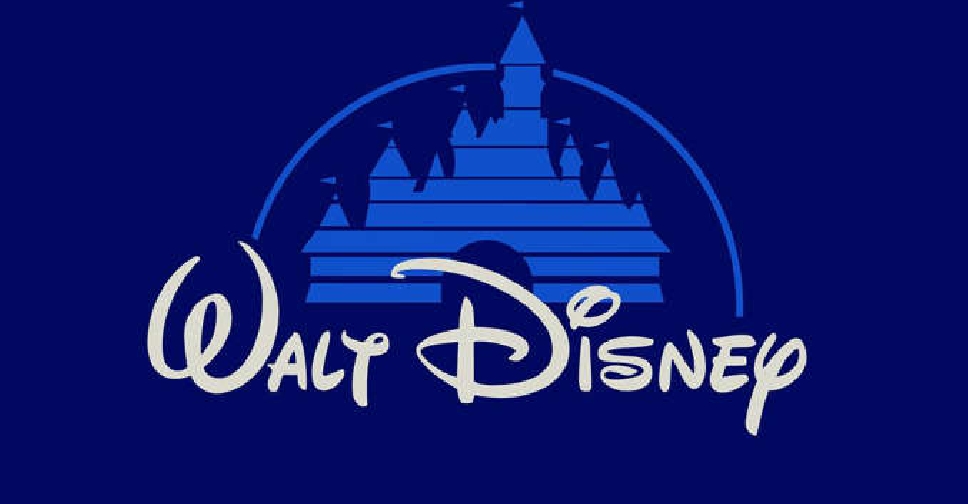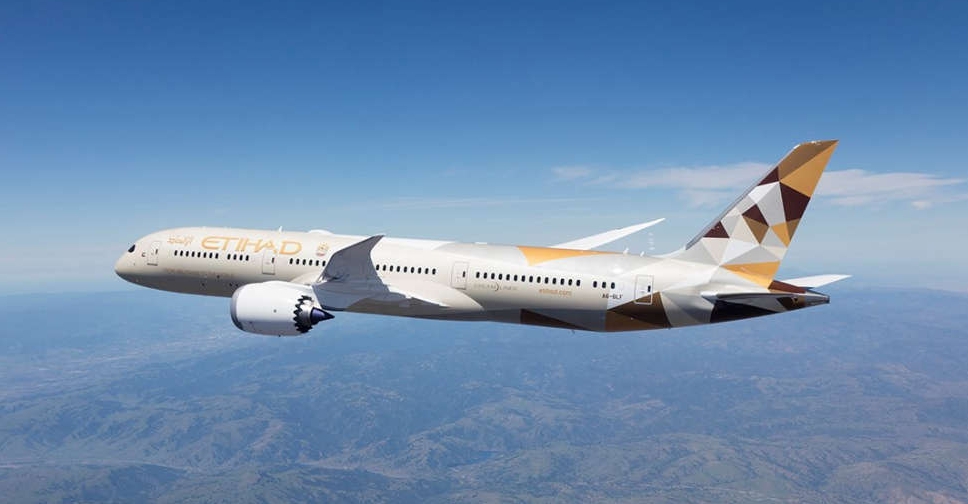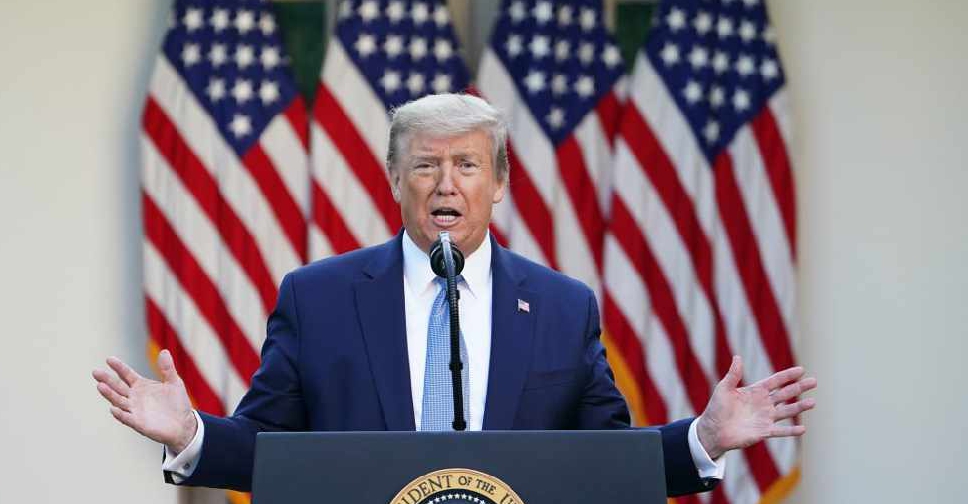
Executives gathered last week at the biggest motor show in southern China were unanimous in their view that the days of exponential growth are over, underscoring how a sharp economic slowdown has tempered expectations in the world’s largest car market. At the Guangzhou Auto Show last Friday, Volkswagen China Executive Vice President Soh Weiming predicted that industry passenger vehicles may expand three to five% next year. Jiang Jun, president of FAW Toyota Motor Sales Co., said the company won’t set high targets for its dealers in 2016 to allow them to “regain strength.” Hubertus Troska, head of China for Daimler AG, noted the heavier discounts in the market while Infiniti Chief Executive Officer Roland Krueger said growth was “normalising.” “Of course it’s not as good as before, when you have those double digits but hey, with this base and with this growth, that is impressive,” Soh told reporters, adding that he expects 2016 to be better than 2015. The company said it will introduce more SUV and minivan models to tap demand in those segments. The more guarded mood reinforces comments made by automakers earlier this year that car sales in China have entered a “new normal” with the economy forecast to expand at the slowest pace since 1990. Whereas in past years automakers have used major auto shows to trumpet multi-billion-dollar spending plans, this year, Volkswagen announced it was putting on hold plans to increase its stake in a key Chinese manufacturing joint venture after an investment review in the wake of its emissions-rigging scandal. “The new normal is much slower growth than the explosive growth in the past, and is very dependent on technology as well as government policy,” said London-based Namrita Chow, principal analyst for China at IHS Automotive. “It will be a fight to attract customers with better technology, features and fuel economy with models that will have to be more targeted.” Total vehicle sales, including trucks and buses, may increase 3% this year, according to Dong Yang, secretary general of the state-backed China Association of Automobile Manufacturers. That contrasts with the average 36% growth in the past 10 years, according to data compiled by Bloomberg Intelligence. The sharp slowdown in auto sales prompted the association to lobby for stimulus measures, and the government responded by cutting a purchase tax covering about 70% of the market for passenger vehicles. October sales surged after the cut in the levy, providing respite to carmakers and struggling dealers. To adjust to the slowing growth, FAW Toyota’s Jiang said the company will focus on expanding its dealer network in the smaller and less-developed cities instead of the major metropolitan areas where vehicle sales are reaching saturation point. “Considering the market slowdown, we need to give dealers room,” he said. “So we won’t give them too much pressure and won’t set overly ambitious targets. We would like to reserve resources and lay the groundwork for long term growth.” The muted comments have left Robert Parker, head of Ford’s premium Lincoln brand in China, among the more optimistic among his peers. “We’re going to be surprised by how the market is going to recover next year,” he said. “I don’t think it’s going to be a hockey stick, but I think we’re to see more growth than we’ve experienced the last six months. The last couple of months have looked promising.” (Bloomberg)



 Disney settles suit over women's pay for $43 million
Disney settles suit over women's pay for $43 million
 Etihad Airways adds ten new destinations for 2025
Etihad Airways adds ten new destinations for 2025
 Trump pledges new tariffs on Canada, Mexico, China
Trump pledges new tariffs on Canada, Mexico, China
 UAE and Bahrain finalise ICV programmes procedures
UAE and Bahrain finalise ICV programmes procedures

